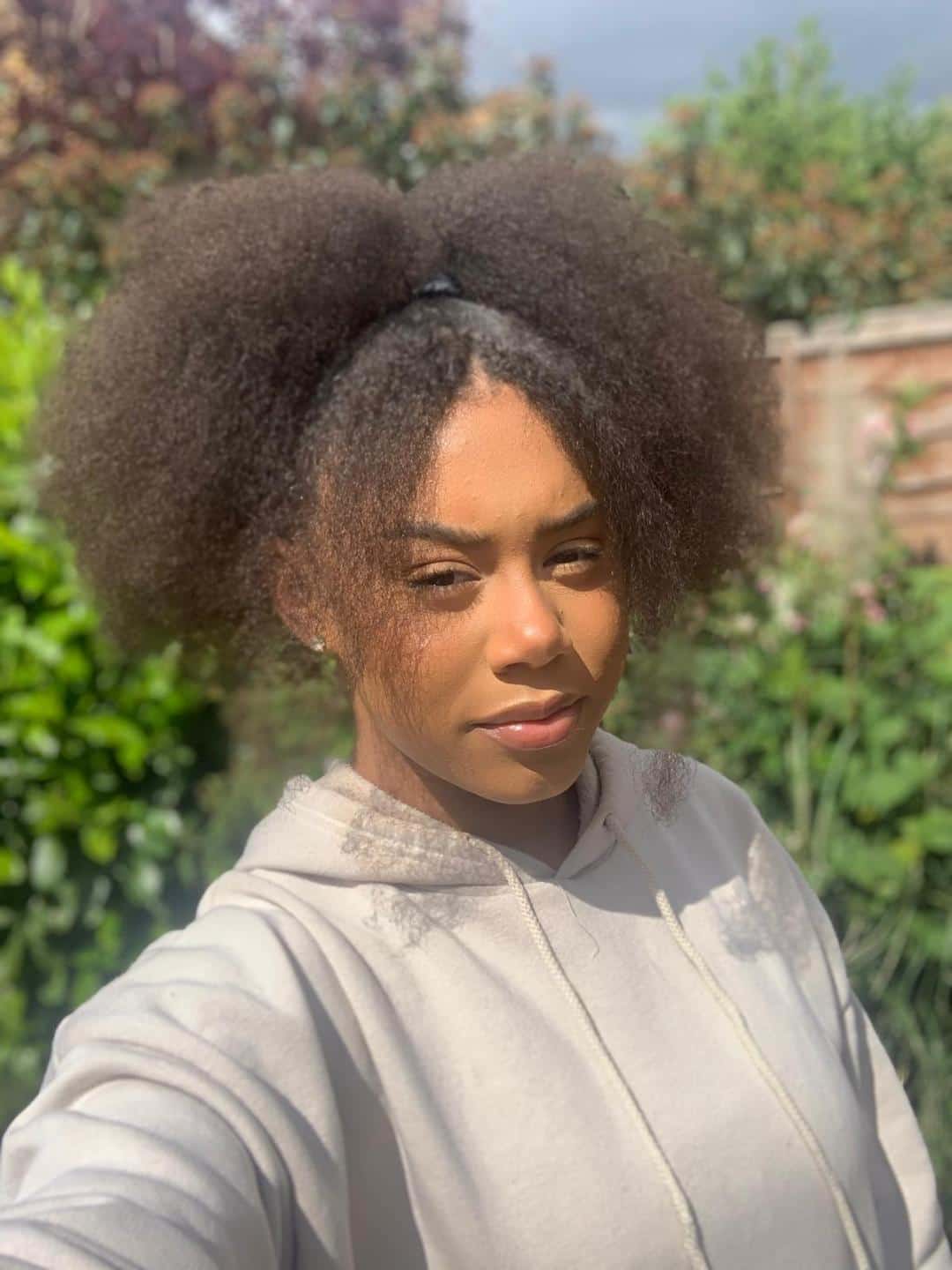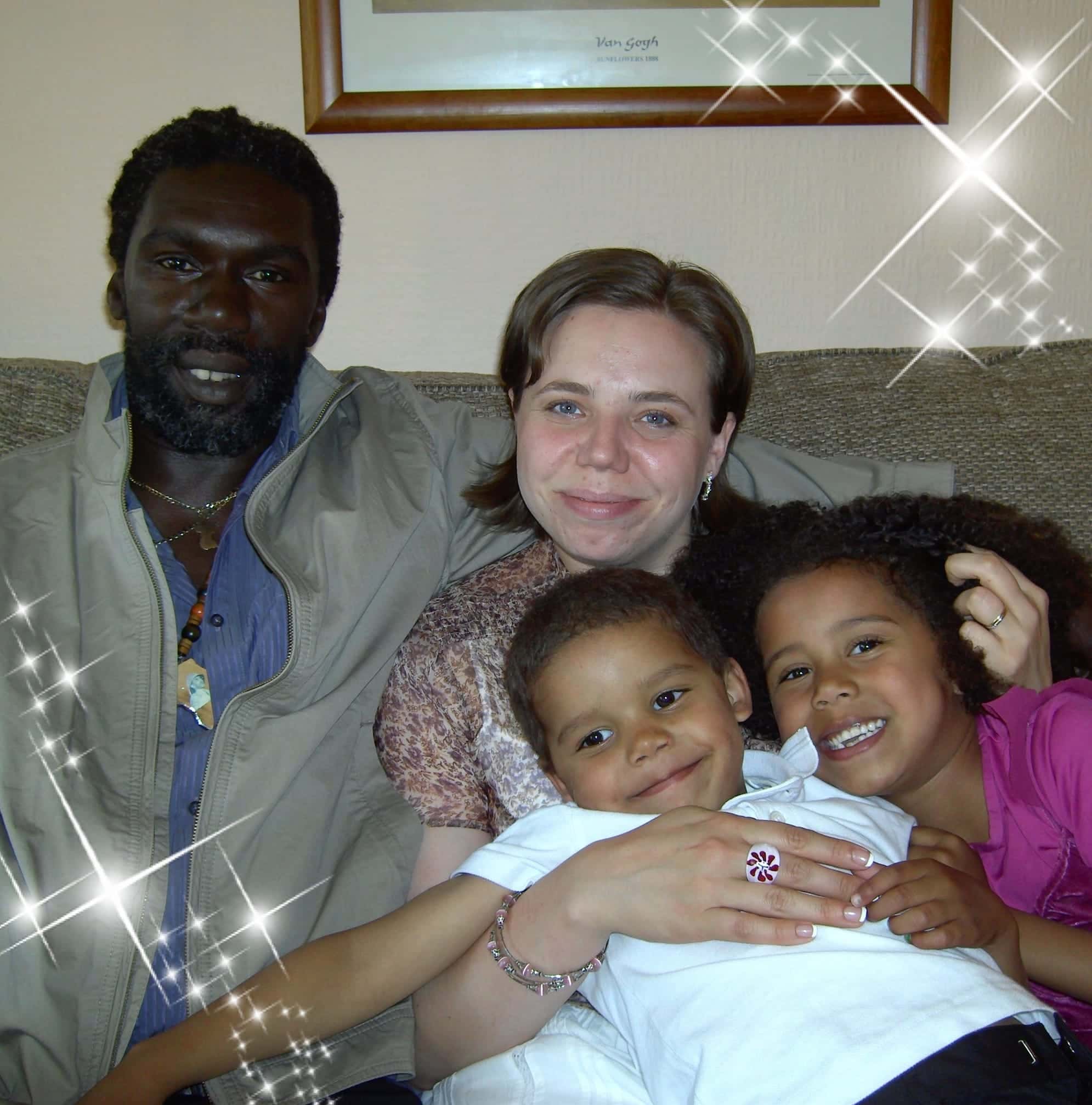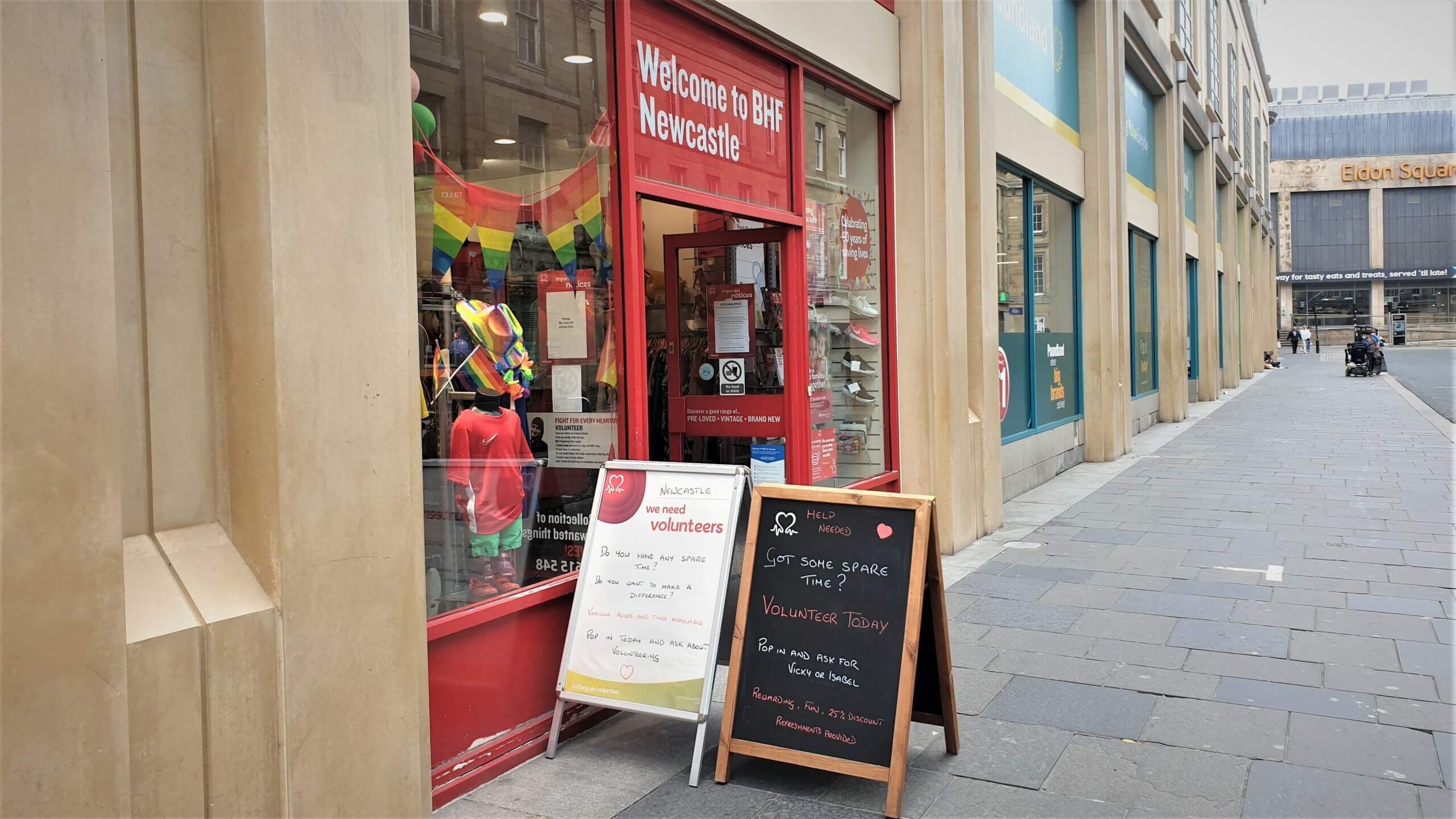INVESTIGATION
Hair discrimination is a perfect example of seemingly innocuous discriminatory policy that targets black women in socio-economic spheres.
Alethea Farline investigates how this policy impacts education, mental health, and societal perceptions of race.

RUBY Williams was sent home from school because of the way she was wearing her Afro hair. They said her hair breached school policy, which stated that “Afro style hair must be of reasonable size and length”. Her hair was deemed ‘too big’.
After a lengthy legal battle, with the backing of Equality and Human Rights Commission (EHRC), she accepted £8,500 in a settlement, although the school denied any racist policies.
Ruby’s case, however, is not an isolated incident.
The World Afro Day (WAD) report found one in six (16.6%) young people in school have a bad or very bad experience at school with their Afro-textured hair and identity, as shared to WAD … by their parents.
I sat down with Kate Williams, the mother of Ruby Williams and a volunteer for WAD, to discuss the impact of hair discrimination on Ruby and the importance of education around the subject.

KATE Williams is a volunteer for WAD and is Ruby’s mother. She describes her experience as a mother watching her child fight hair discrimination.
What impact does this have on young people’s mental health and self-esteem?
From a mothers’ experience, I saw a child who had always loved school, had always excelled, suddenly become a school refuser. Not wanting to go to school, hated school.
In terms of mental health, it affected her confidence, self-esteem, the way she saw herself. You didn’t have to have your hair tied back in this school … unless it was Afro, so that made her feel very isolated. It was a daily reminder the world saw her as different because of her race.
It makes children feel less valuable. They’re told their bodies are wrong. That there’s something inherently wrong about the way their bodies are designed. That is extremely damaging on so many levels. We don’t even know how damaging that is.
What impact does this have on children’s educational experience?
Ruby went into secondary school as a high-achieving pupil. She did OK with her GCSEs but nowhere near as good as she would’ve. It impacted her A-levels because she took the trauma she went through in secondary school into her college life, because the court case was still hanging over her head.
I’m not naïve enough to think the damage is not still there, that she needs to work through it in different ways.
When you’re feeling encouraged and positive about yourself that’s when you’ll flow. But they’re made to question who they are, how they look. For someone to tell you the way you look is unacceptable, what does that do to you? You start seeing yourself as unacceptable. That impacts people’s learning.
WAD hosts the big hair assembly and lessons for teachers and schools. How important is this education in fighting hair discrimination?
I would like to believe – and people would probably say I’m too trusting and gullible – that some of these policies happened by accident, because people have a lack of understanding of how Afro hair works and the significance of hair.
The disclaimer is maybe people who have lost their hair due to cancer etc maybe have a more emotional attachment to their hair. But there aren’t many white people who have an emotional relationship with their hair, whose hair helps define them as a person.
We might experiment, but it’s not part of our cultural heritage, it doesn’t have the deep meaning afro hair has.
If you’re going to write policies that impact people with Afro hair, you have a responsibility to be educated.
What I love about WAD and why I volunteer for them is they’re trying to start early. Even if you have a school without black people, why can’t they learn about why Afro hair is important? About why Afro hair should be celebrated?
They don’t have to be there for us to realise it’s important. When they go for a job they may have a colleague who has Afro hair, so that education, it’s not going to waste.
WAD uses language exercises to change the language used for afro hair from a negative to a positive, how are words important when describing afro hair?
As a society, we consider the power of language: to say to a child ‘your hair is coarse’ has a negative feel to it. Afro hair is not coarse, it just feels different from ours.
From a very young age, adults will talk about children having good hair. So mixed-race children will hear ‘You’ve taken after your white parent, you’ve got good hair’ rather than (the word I hate) ‘nappy’.
Language is so important because that young child adopts that language.
What does that say about yourself? From a young age, you start seeing yourself as ‘I got the bad hair’. Actually, you just have different hair and you need to learn how to care for it.
It’s about education, and it’s about children’s self-worth. It’s about respecting differences. WAD is a way for schools to do that easily.
It’s free because WAD is passionate about making this country a safe place for children with Afro hair to go to school.



